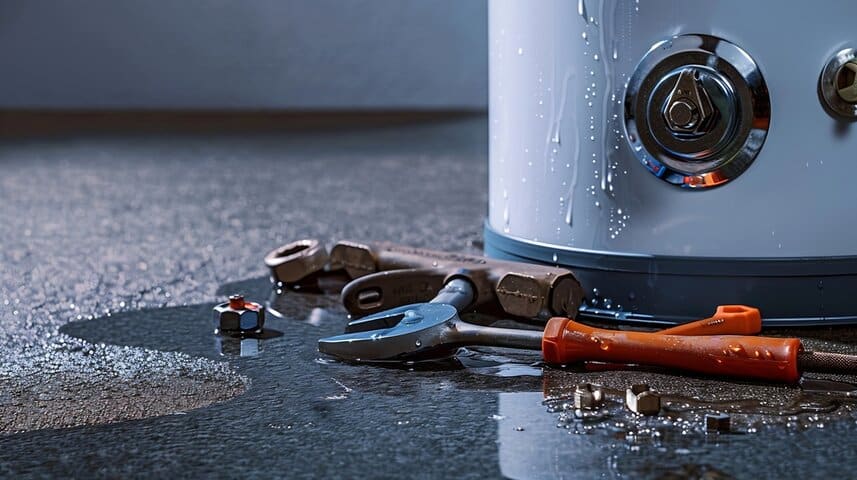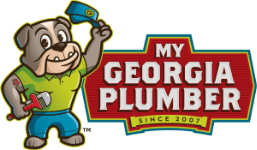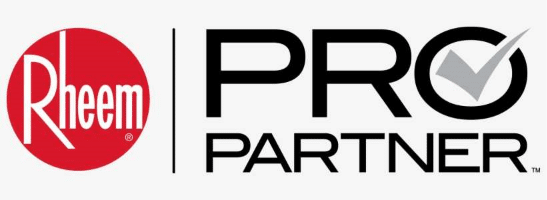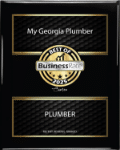
Silent Damage, Soaring Bills, and What to Do About It—Before It Gets Ugly
In commercial buildings, plumbing problems don’t always show themselves—
but they’ll show up in your water bill, tenant complaints, or mold remediation budget.
Musty smells. Rising utility costs. Random stains along walls or ceilings.
You might chalk it up to “just an old building,” but the truth is simple:
You may have a hidden water leak.
And left unchecked, that leak is causing expensive damage behind the scenes.
Whether you manage a retail space, office, restaurant, apartment complex, or industrial facility, here’s how to spot the signs of a hidden water leak—and what to do about it before the damage gets worse.
Why Hidden Leaks Are a Big Deal in Commercial Buildings
Water leaks that go undetected can result in:
-
Skyrocketing water bills
-
Mold growth and indoor air quality issues
-
Structural damage to walls, ceilings, floors, and trim
-
Electrical hazards or insulation failures
-
Ongoing tenant complaints or code violations
-
Insurance claims—and higher premiums
By the time you see a ceiling stain or warped baseboard, the leak has likely been active for weeks—or longer.
Common Signs of a Hidden Commercial Water Leak
Watch out for these red flags:
-
Unexplained increases in water bills
-
Sounds of running water when no fixtures are in use
-
Earthy or musty odors near utility areas or walls
-
Discoloration or moisture on ceilings, drywall, or floors
-
Warped door frames or baseboards
-
Decreased water pressure in appliances or fixtures
-
Visible mold or mildew growth in unusual spots
If you’ve noticed any of the above, assume it’s a leak—until proven otherwise.
Where Commercial Water Leaks Like to Hide
Our team has found leaks in just about every type of commercial building. The most common sources include:
-
Underground main water lines
-
Wall cavities behind bathrooms, kitchens, or janitor’s closets
-
Beneath slab foundations (slab leaks)
-
Ceilings near HVAC equipment or sprinkler lines
-
Older or corroded copper piping
-
Water heaters, shut-off valves, or PRVs
-
Exterior hose bibbs and irrigation systems
If your building is more than 15 years old—or if it’s seen repeated plumbing issues—your risk is even higher.
How We Detect Leaks Without Tearing Up Your Building
At My Georgia Plumber, we use non-invasive technology to pinpoint leaks quickly and accurately—without unnecessary damage or guesswork.
Our detection tools include:
-
Acoustic listening devices to hear leaks through concrete or drywall
-
Thermal imaging to detect temperature differences caused by water loss
-
Pressure testing to identify leaks in sealed systems
-
Pipe tracing and in-line cameras to inspect drain and water lines directly
No guesswork. No unnecessary demo. Just answers.
What Happens After We Find the Leak
Here’s how our leak detection process works:
-
We deliver a detailed report with photos and repair recommendations
-
We isolate and expose the leak with minimal disruption
-
We repair or replace the damaged section of pipe
-
We re-test your system to ensure the leak is resolved
-
If needed, we provide support for insurance documentation or long-term system planning
Whether it’s a single leak or signs of system-wide deterioration, we’ll help you protect your investment.
Why Commercial Clients Rely on My Georgia Plumber
Time is money—and when it comes to hidden leaks, fast action matters.
Here’s why commercial property managers and owners trust us:
-
Fast response for commercial leak detection
-
Licensed, insured technicians with commercial experience
-
Clear, upfront pricing and documentation
-
24/7 availability for emergencies
-
Preventative maintenance plans to stop future leaks
We find it, fix it, and help you stay ahead of the next problem.
Don’t Wait for the Mold to Show Up
If you’ve got signs of a hidden water leak—or just want peace of mind—call My Georgia Plumber today.
We’ll find it fast, fix it right, and help you prevent long-term damage.
Or schedule online in just a few clicks. Your property—and your water bill—will thank you.











